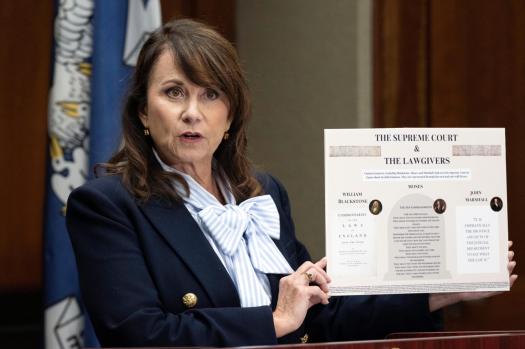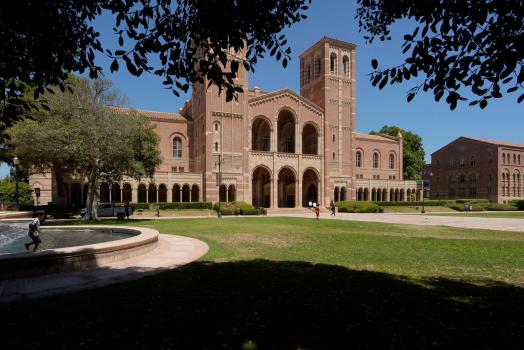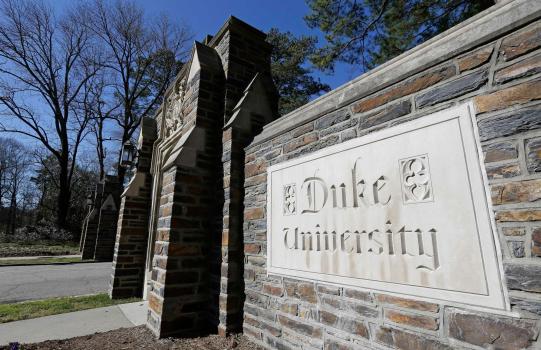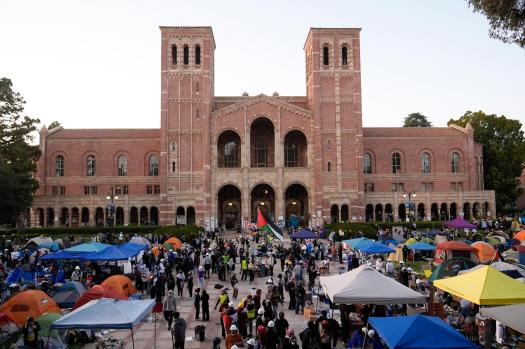By Jack Brook and Sara Cline
NEW ORLEANS (AP) The Ten Commandments must be displayed in every public school classroom in Louisiana, according to a ruling by a panel of three federal appellate judges.
Related Articles
-
Federal judge blocks Trump effort to keep Harvard from hosting foreign students
-
Police in northeast Ohio arrest man who allegedly menaced GOP US Rep. Max Miller on interstate
-
Federal judge puts off additional rulings in case against Trump s National Guard deployment in LA
-
Supreme Court rejects toy company s push for a quick decision on Trump s tariffs
-
Senate parliamentarian deals blow to GOP plan to gut consumer bureau in tax bill
Civil rights organizations, who claim that the rule violates the separation of church and state and that the poster-sized displays will isolate children, particularly those who are not Christians, celebrated the verdict on Friday as a significant victory.
Republicans, including President Donald Trump, have praised the mandate, which is one of the most recent attempts by conservatives to include religion in the classroom. Proponents of the bill contend that because the Ten Commandments are historical and form the basis of American law, they ought to be taught in schools.
Parents of schoolchildren from different religious backgrounds in Louisiana filed a lawsuit last year, claiming that the statute violated First Amendment provisions that guarantee religious liberty and prohibit the establishment of religion by the government. This led to the 5th U.S. Circuit Court of Appeals’ ruling.
In June of last year, Republican Governor Jeff Landry signed the mandate into law.
The court’s judgment supports a determination last autumn by U.S. District Judge John deGravelles, who ruled that the mandate was unconstitutional and directed state education authorities to inform all local school boards in the state of his decision and refrain from enforcing it.
Law experts have long predicted that the Louisiana case will reach the U.S. Supreme Court, putting the conservative court to the test on the subject of government and religion.
The U.S. Supreme Court declared in 1980 that a Kentucky statute of a similar nature was unconstitutional under the U.S. Constitution’s Establishment Clause, which states that Congress is not allowed to enact laws pertaining to the establishment of religion. The high court determined that the law had a blatantly religious objective but no secular one.
The Supreme Court ruled in 2005 that these kinds of exhibits at two courthouses in Kentucky were unconstitutional. The court also maintained a Ten Commandments monument on the grounds of the Austin, Texas, state capitol.












